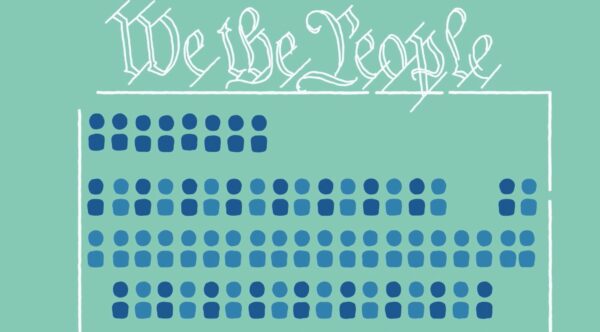Civil rights and human rights are both fundamental rights that aim to protect individuals from discrimination and ensure their well-being. The main difference between civil rights and human rights lies in their scope. Civil rights are rights granted by a specific government to its citizens within its jurisdiction and are protected by national or state law. On the other hand, human rights are universal rights inherent to all individuals, regardless of nationality, ethnicity, or any other status, and are protected by international law. Despite this distinction, both civil rights and human rights share the common goal of promoting equality, dignity, and freedom for all individuals, emphasizing the importance of fairness, justice, and respect for human dignity in society.
Through our resources, you will learn about civil rights through the lens of the American Civil Rights Movement. Beginning with Reconstruction and stretching up to the present day, our civil rights content covers a wide range of key historical moments, people, and organizations.
Utilizing a global lens, our human rights resources take a broader look at the international fight for equality. The Universal Declaration of Human Rights, 1948, serves as a foundation for these materials and we utilize its 30 articles to explore a wide range of global human rights stories and advocates.
-

-

Human Rights
Learn to define human rights and explore resources that highlight the global impact of their existence.
